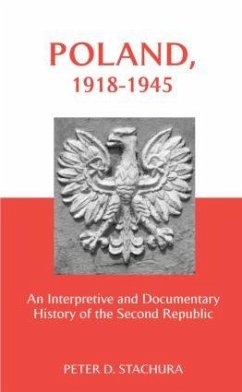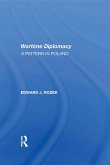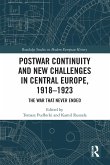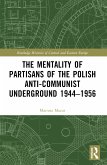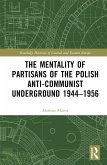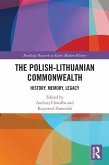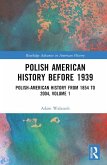Based on extensive range of Polish, British, German, Jewish and Ukranian primary and secondary sources, this work provides an objective appraisal of the inter-war period.
Peter Stachura demonstrates how the Republic overcame giant obstacles at home and abroad to achieve consolidation as an independent state in the early 1920s, made relative economic progress, created a coherent social order, produced an outstanding cultural scene, advanced educational opportunity, and adopted constructive and even-handed policies towards its ethnic minorities.
Without denying the defeats suffered by the Republic, Peter Stachura demonstrates that the fate of Poland after 1945, with the imposition of an unwanted, Soviet-dominated Communist system, was thoroughly undeserved.
Peter Stachura demonstrates how the Republic overcame giant obstacles at home and abroad to achieve consolidation as an independent state in the early 1920s, made relative economic progress, created a coherent social order, produced an outstanding cultural scene, advanced educational opportunity, and adopted constructive and even-handed policies towards its ethnic minorities.
Without denying the defeats suffered by the Republic, Peter Stachura demonstrates that the fate of Poland after 1945, with the imposition of an unwanted, Soviet-dominated Communist system, was thoroughly undeserved.

